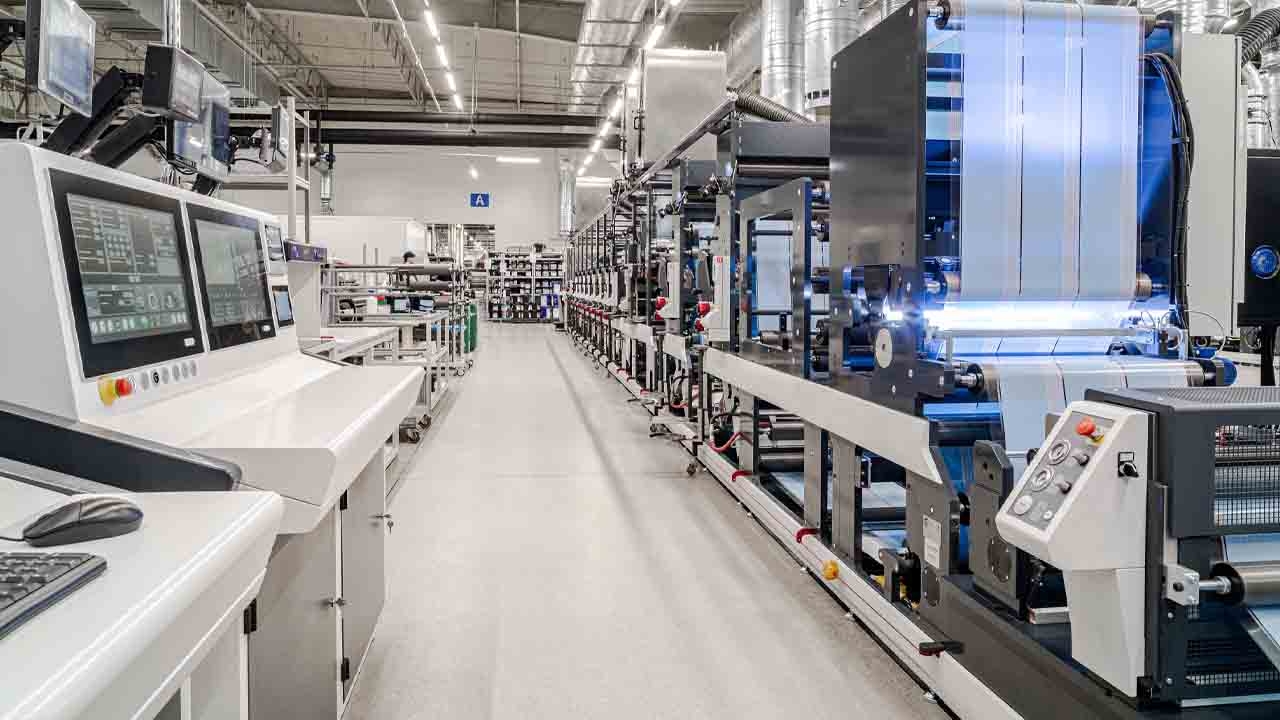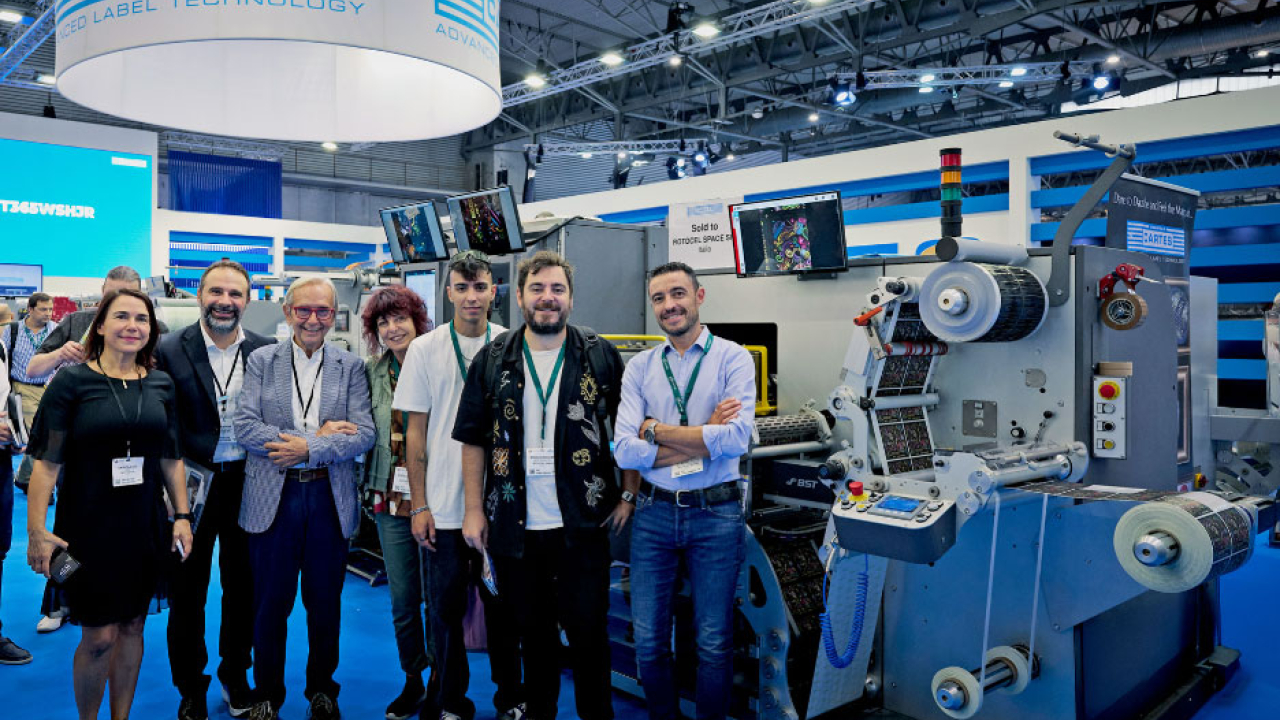Masterpress becomes member of European Committee for Standarisation
Masterpress to help raise the voice of the sleeve label industry and foster collaboration across the packaging value chain.

Masterpress, European provider of printed decorative packaging, has become a member of the Polish Committee for Standardisation (PKN) and thereby become a part of the European Committee for Standardisation (CEN) - an association that brings together the National Standardization Bodies of 34 European countries.
By joining and working together with other key stakeholders, Masterpress shows its commitment to increasing the role of collaboration and responsibility within the industry in meeting ambitious goals outlined in the European Union's Packaging and Packaging Waste Regulation (PPWR).
Katarzyna Wasilewska, head of Research and Development at Masterpress, said: ‘Masterpress recognizes that the future of sustainable packaging lies in evaluating and embracing the right combination of materials and technologies, each playing a role in reducing environmental impact. We joined the PKN to share our decades long expertise and keep exploring the narratives around how the packaging and printing industry can harness ongoing innovation to make a meaningful contribution towards reducing packaging and packaging waste. The European industry is leading in regulatory changes, but we should encourage a more collaborative and holistic approach to environmental responsibility, also acknowledging and learning from global examples, which can help us refine the strategies.’
Labels and films, crucial for branding and product information, while smaller in size compared to the overall packaging, play a significant role in the packaging waste stream. Masterpress acknowledges the layers of complexity to the recycling process caused by the variety of materials and can, through its membership of PKN, contribute to setting standards and guidelines for packaging waste reduction. By leveraging advanced technologies and strategic approaches, the industry can effectively respond to the growing demands for environmental responsibility and align with the goals of the PPWR.
‘We cannot afford to overlook the benefits of shrink sleeves and the potential impact of advancements in PET shrink sleeve solutions. Technologies in development such as magnetic ink, which facilitate the identification and separation of PET sleeves from PET bottles during the recycling process, hold promise for reducing waste and enhancing recycling efficiency. It is imperative that industry stakeholders and government bodies recognise and evaluate these developments to keep driving meaningful change while we move towards 2030,’ said Wasilewska.
Masterpress continuously invests in R&D within the shrink sleeve and self-adhesive label industry to accelerate the commercialization of new, sustainable, recyclable products and materials on the market.
Some key examples of the initiatives helping meet the PPWR's goals include downgauging to thinner materials to reduce the quantity of material and waste but also facilitate the sortability allowing for correct container identification. It uses a greater proportion of post-consumer recycled (PCR) content and reducing the use of virgin plastic. Masterpress is currently running feasibility tests for plastic sleeve labels with 50 percent recycled content.
Another initiative is using polyolefin film, which allows easier sleeve separation from PET bottles during the recycling process. It also uses low-density polyolefin shrink sleeve material on polyethylene or polypropylene bottles and containers also creates a ‘mono-material’ packaging that facilitates proper identification and recycling of the packaging in the correct polymer stream.
The company is also adopting watermarking, transitioning to LED inks and de-inking processes that can remove the ink contained in the label and result with good quality PCR content.
Stay up to date
Subscribe to the free Label News newsletter and receive the latest content every week. We'll never share your email address.

